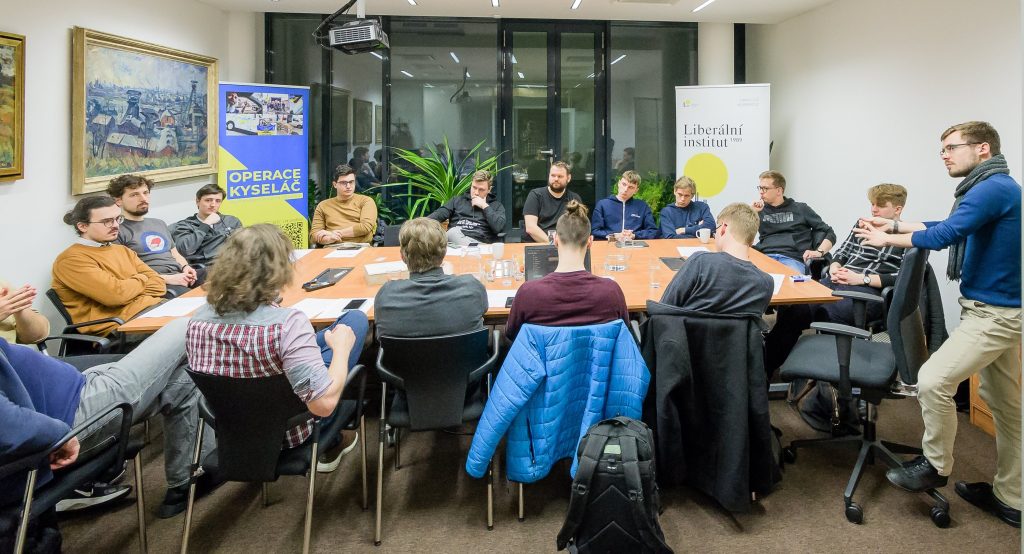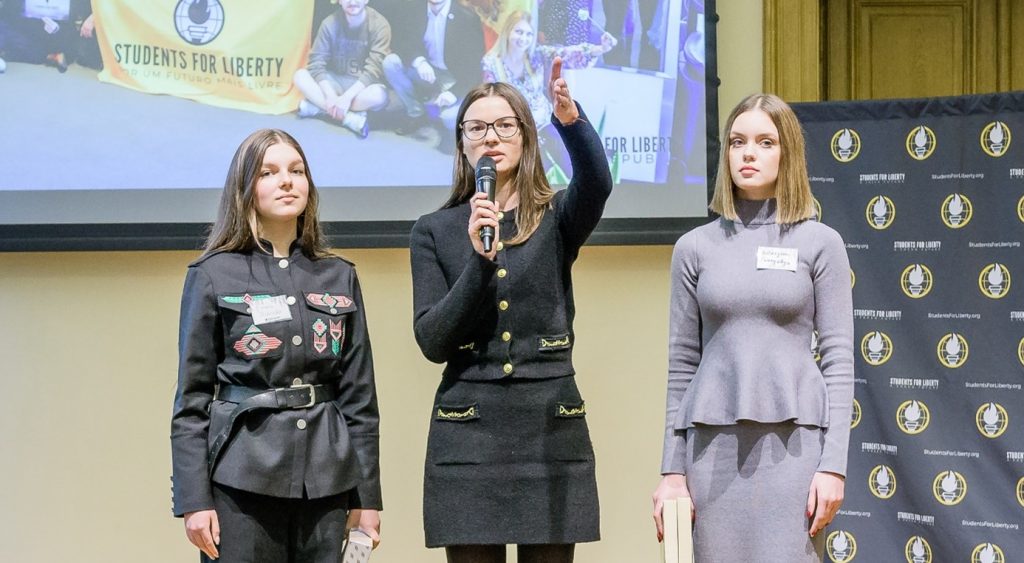![[CONFERENCE] Ukrainian Renaissance [CONFERENCE] Ukrainian Renaissance](http://4liberty.eu/phidroav/2024/07/Obraz2.jpg)
[CONFERENCE] Ukrainian Renaissance
BY
Liberalni Institute / July 4, 2024
Ukrainian Students for Freedom, European and Czech Students For Liberty, and Operation “Kyseláč” at the Liberal Institute invite you to the second annual Ukrainian Renaissance conference, this time in Lviv! During this two-day international event, we will speak with Ukrainian and international experts and explore the topics of Ukrainian resilience, renewal, and reforms the country can undertake to strengthen its economy and its place in Europe.





![Javier Milei – Savior or Threat? [EVENT] Javier Milei – Savior or Threat? [EVENT]](http://4liberty.eu/phidroav/2024/03/TELEMMGLPICT000368815089_17101764639290_trans_NvBQzQNjv4BqL6kkB3oUkH8ls-Tm4Tk6wITbq_X516ezAeBNLjg8O1w.webp)






